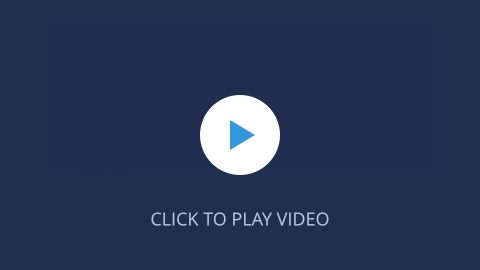If you, like me, are distressed about what’s happening at the CDC, what’s happening around vaccines, what’s been happening with public health grants and research being terminated, and more - I see you, Reader.
I shared my thoughts in the wake of the shots fired at the CDC here, and even just since then, we’ve seen top CDC officials resign after their director was ousted.
When systems are collapsing around us, it can be even harder than usual to answer the question of: what next? What should we DO? Not to mention, what CAN we do, especially if we are grappling with fewer resources and an uncertain future?
While I don’t have magic answers, I do have some options that might be helpful to consider. I found this piece on grappling with systems collapse very relevant to the community coalitions we work with here at PoP Health, who are focused on systems change - and thus especially impacted by systems collapse (hat tip to I2I, which drew my attention to this piece in their newsletter).
Let me summarize the options the authors of this piece lay out for what impact might look like in collapsing systems.
We can:
- Protect. This model “builds and leverages power to counteract the worst harms, strengthen community resilience, and preserve values of care and belonging to carry people through crisis.” E.g., mutual aid
- Block. “If a collapsing system seems likely to give way to an even more dysfunctional or inequitable alternative, then the blocking impact model may be an appropriate response. This model can slow down both the pace of collapse and the emergence of worse alternatives.” E.g., providing know-your-rights training.
- Disrupt. This model “achieves impact by embracing the fact that as the legacy system deteriorates it is possible to shed the constraints, rules, and norms that do not serve the social sector.” E.g., boycotts and strikes.
- Create. “With the system awash in uncertainty, there is an opportunity—even a responsibility— to pursue truly transformative impact. This means exploring the larger context in which the system sits….What ideas or projects can be tested or nurtured? Which leaders have been marginalized by existing systems, but…are uniquely positioned to step up in this moment?” E.g., participatory governance.
The full article adds a lot of important nuance about the conditions you need to maintain to push forth with each of these options.
Three bonus questions they ask at the end of their piece, and I’ll now ask you:
What can we let go of, what do we want to carry with us, and what do we want to build?
Here at PoP Health, we’re:
- letting go of being the best (and being this instead),
- carrying with us all we’ve learned from coalitions on the ground doing the work, and
- seeking to build the capacity of more coalitions to translate their vision and resources into tangible action.
→ On that front, PoP Health is now offering capacity building packages for community coalitions working on systems change (training workshops, tools and templates that will save you time and get you to action much more quickly, along with ongoing coaching and technical assistance that'll make sure you take those actions to the finish line). Here’s a brief summary, email me if you want to chat further!
For me personally, I’m:
- letting go of the desire to see results quickly (because the fight for our future, our health, our planet, our democracy - it’s all long-term and multigenerational),
- carrying with me a focus on hope and action, and
- seeking to help build community power, in my own community and beyond.
→ On that front, check out my new project GASLIT by Corporations/IGNITED by Community, at www.gaslitbycorporations.com.
What about you, Reader? What are you letting go of, carrying with you, and wanting to build? Drop me a note and let me know.
As the authors of this piece on systems collapse note, “this moment requires us to engage in repair and reimagination”.
Here’s to repairing and reimagining,
Vinu
PS Learn something in this newsletter? Spread the word! Forward this email to a friend or colleague who might want to weave their own community threads.
PPS Want to learn more about PoP Health and how we partner with community coalitions and collaboratives to transform health in communities through policy and systems change? Check out our website!
